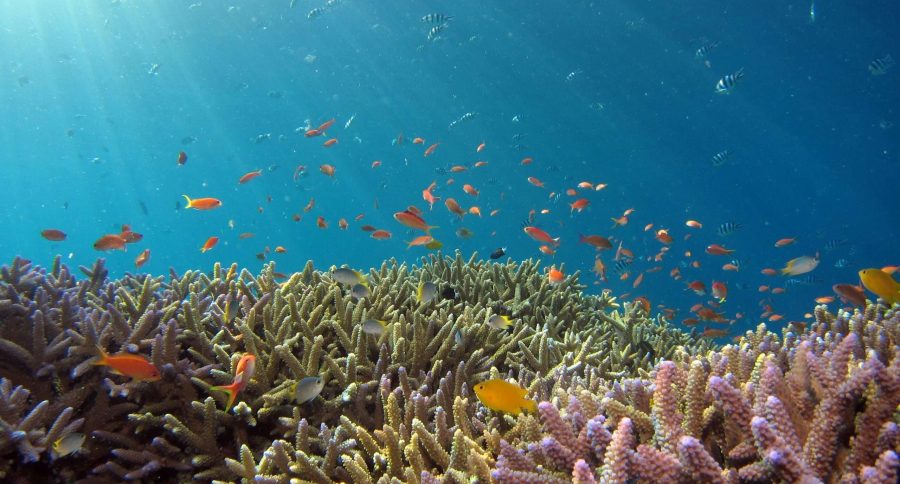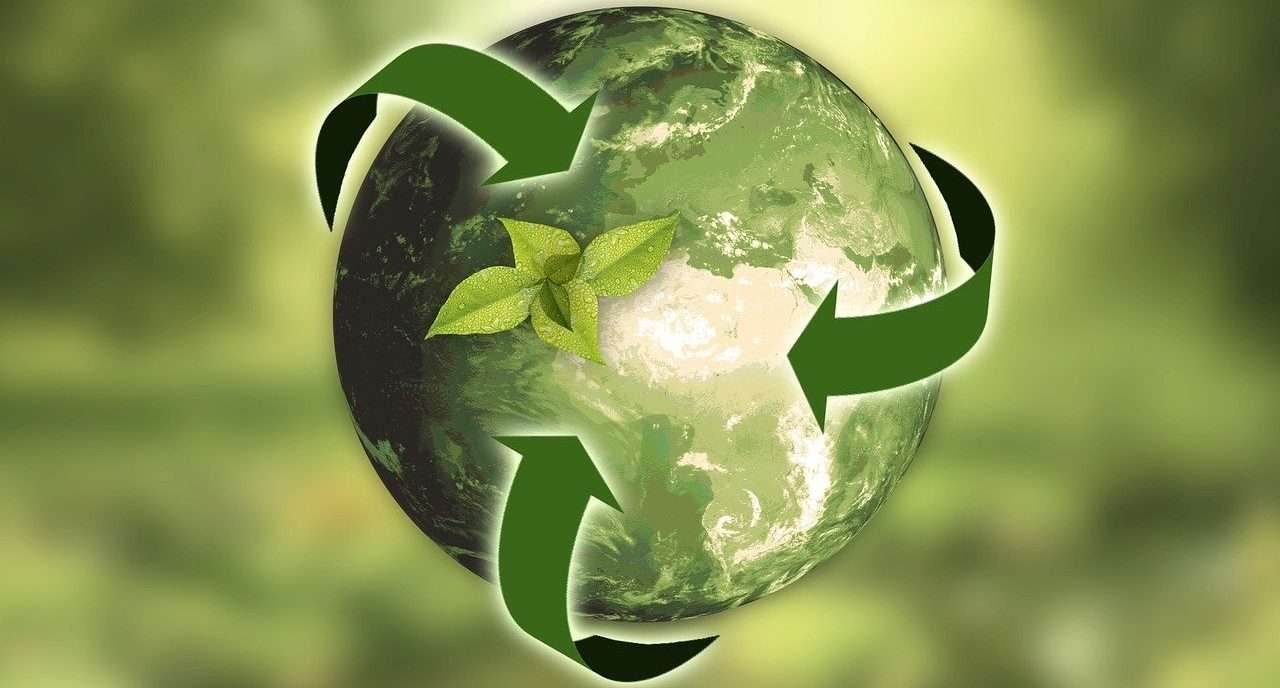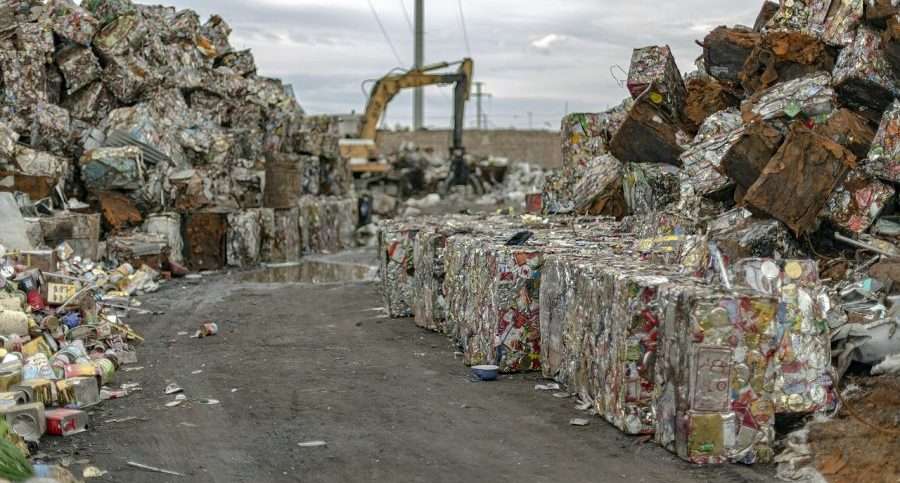What Is Materiality In Sustainability Reporting?
Materiality assessment is a key component of sustainability reports. A study found that more than 60% of the logistics companies have presented a materiality assessment in their sustainability reports. Companies conduct materiality assessments to identify their material topics. Global Reporting Initiative (GRI) has introduced a standard (GRI 3) to assist companies in identifying martial topics. […]
What Is Materiality In Sustainability Reporting? Read Post »
Environment, Innovation, Strategy, Sustainability


























